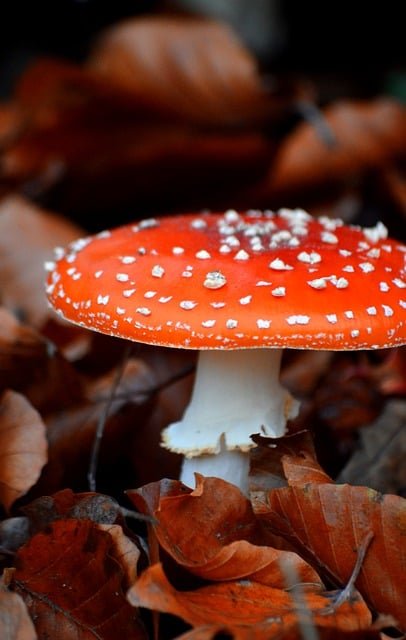Choosing the right wine cooler is essential for any enthusiast looking to preserve their collection’s integrity. This article explores the critical factors of temperature stability and humidity control, explaining how advanced technology in modern units safeguards your investment and ensures every bottle is served at its absolute best.
The Critical Role of Temperature Stability
Consistent temperature is the single most important factor in wine preservation. Fluctuations cause the liquid to expand and contract, which can push the cork out slightly, allowing oxygen to seep in and prematurely age the wine. A study by the University of California, Davis, Department of Viticulture and Enology, has long emphasized that ideal storage temperatures, typically between 45°F and 65°F (7°C – 18°C) depending on the wine, must be maintained without variance. Modern wine coolers utilize advanced compressor or thermoelectric cooling systems with digital thermostats to maintain this precise environment, effectively pausing the aging process until you are ready to enjoy your bottle.
Humidity Control and Protection from Light
While temperature is paramount, humidity plays a crucial supporting role. An environment that is too dry can cause corks to shrink and become brittle, compromising their seal. Conversely, excessive humidity can promote mold growth and damage labels. The optimal relative humidity level for wine storage is between 50-70%. Furthermore, ultraviolet (UV) light from the sun or artificial lighting can degrade and prematurely age wine by causing chemical reactions. High-quality wine storage units address this with UV-resistant glass doors and tightly sealed environments that maintain proper humidity levels automatically, shielding your collection from all potential harm.
Vibration: The Silent Wine Killer
Often overlooked, vibration is a silent detriment to fine wine. It disturbs the sediment in older bottles and can accelerate chemical reactions within the wine, leading to a flattened aroma and taste. This is why storing wine near appliances like washing machines or using a standard refrigerator is ill-advised. Premium wine coolers are engineered with specialized compressors and vibration-dampening technology to create a perfectly still environment. This ensures your wines rest undisturbed, allowing them to mature gracefully and develop their intended complexity over time.
In summary, proper wine preservation hinges on mastering four elements: stable temperature, controlled humidity, protection from light, and elimination of vibration. Investing in a dedicated cooling unit that addresses all these factors is not merely a luxury but a necessity for protecting the quality and value of your collection, guaranteeing each bottle reaches its full potential.
